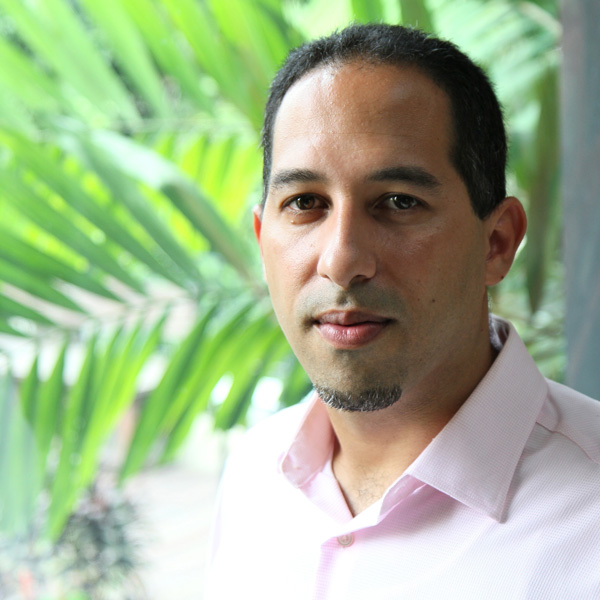Facilitating Social Change Institute
May 31, 2013 Leave a commentFor the third consecutive year, Junxion Strategy is proudly sponsoring Social Change Institute at Hollyhock on Cortes Island, British Columbia. This is one in a series of articles about the conference.
The upcoming Social Change Institute will bring together approximately 100 passionate change agents from across sectors, geography, issues, generations, strategies and points of view for a five-day leadership and skill-building summit.
This experiential convening is designed for high impact and emerging leaders from nonprofits, government and mission-based enterprises who are seeking practical skills and networking opportunities to take their work to the next level.
Among this year’s returning faculty is Gibrán Rivera, Senior Associate at the Interaction Institute for Social Change (IISC). Junxion Strategy spoke with Gibran about his connection to this year’s SCI.
Junxion: How did you get involved with SCI?
Gibrán Rivera: I’m involved because I was invited. I think that’s important, because it’s aligned with my perspective on how social change happens, which is through connections – people connecting and resonating with each other, and inviting each other into spaces that are held with intention and purpose. These are essential elements in the cocktail of social change. Last year, I was invited by a friend [SCI producer Cara Pike]. I enjoyed myself and thought that the work mattered. The people who showed up did so fully. There was a certain kind of openness to exploring ideas and connecting on a human level that showed me that this was a space worth being a part of. So when I was invited back again, I remembered all of those things, and I thought, wow, I’m lucky, I have another chance to move things forward!
Junxion: What’s your role at SCI?
GR: I like to think of it as nurturing the community and helping to weave it together, helping us connect to that which is most true about ourselves. There’s something that makes us want to come to a place like this, something in our trajectory that allows the invitation to resonate with us, something we’re looking for, seeking, or working on. When we connect to that, we are better at getting to it and seeing what is common among us.
Junxion: Tell us about the workshop you’ll be leading, “Networks, Complexity and the Emergent Paradigm.”
GR: The workshop is about what I consider the biggest paradigm shift since the industrial revolution. We are experiencing a massive reorganization of how we look at the world. There’s increasing complexity, so our linear models fall apart, but we are pretty darned attached to them and don’t know much about how to do without them!
Still, there are objective conditions that need to be attended to. This workshop is about the need to adapt into a different paradigm, what futurist Stowe Boyd refers to as the “postnormal” era, defined by the acronym “VUCA” – volatility, uncertainty, complexity and ambiguity. We will be better social change agents when we understand that there’s actually a competitive advantage in adapting more quickly into that reality.
JX: How does the work of IISC create larger and systemic change?
GR: At the Institute, we have some initiatives I can point to as “hopeful experiments.” One is the Barr Fellows Network [launched in 2005 by the Barr Foundation with IISC as a partner], a very intentional effort to weave a relational and trust-based network of leaders in the city of Boston. Every year, the Barr Foundation takes 12 nonprofit executive directors from Boston and gives them a three-month sabbatical as a gift. The participants agree to go on a two-week learning journey to the global south, and then go on two retreats per year, every year for three years, as a cohort. The learning journey, which is so challenging for them, followed by a three-month break from work, creates a major disruption for them. Over the three-year process, the trust among them builds, and so do the opportunities for exploring collaboration across boundaries. Then they start working across cohorts from other years – so you end up with a powerful web of leaders across Boston. That’s just one example that shows we can create conditions for new paradigms to emerge.
Junxion: What are your top desired outcomes from SCI this year?
GR: First, if people have a realization about themselves and their role in bringing forth what I think of as the next phase of movement, that would be a major success. Second, that success only has power if it also comes with a new or strengthened relationship with someone else who was also there, because that weaves the web together.
Third, I want people to leave with practical skills and tools – something they can actually apply. Because things are so complex now, it’s extremely important that we are passionately committed to trying things out in the real world. I want people to leave knowing what their next experiment is. What are they going to try out… when, where, with whom?
